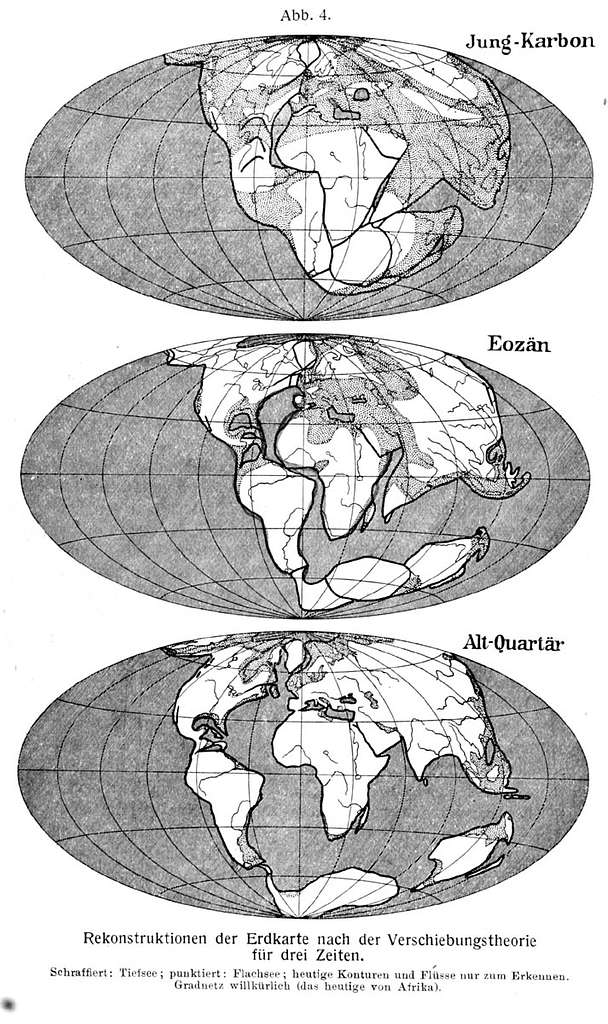How do vaccines work?
Gravity works on all planets by the same fundamental principle: it is a force of attraction that pulls objects toward the center of a planet. The strength of this gravitational pull depends on the planet's mass and radius. Here's how gravity varies across different planets: Key Factors Affecting GraRead more
Gravity works on all planets by the same fundamental principle: it is a force of attraction that pulls objects toward the center of a planet. The strength of this gravitational pull depends on the planet’s mass and radius. Here’s how gravity varies across different planets:
Key Factors Affecting Gravity
- Mass of the Planet:
- Greater mass means stronger gravitational pull. Larger planets with more mass exert a stronger gravitational force.
- Radius of the Planet:
- The distance from the planet’s center to its surface affects gravity. A planet with a larger radius spreads its gravitational force over a greater distance, weakening the surface gravity.
- Gravitational Constant:
- The same constant, G, is used in the equation F=Gr2m1m2, where F is the gravitational force, m1 and m2 are the masses of two objects, and r is the distance between their centers.
Gravity on Different Planets
| Planet | Surface Gravity (compared to Earth) |
|---|---|
| Mercury | 0.38 times Earth’s gravity |
| Venus | 0.91 times Earth’s gravity |
| Earth | 1.00 (standard gravity) |
| Mars | 0.38 times Earth’s gravity |
| Jupiter | 2.34 times Earth’s gravity |
| Saturn | 1.06 times Earth’s gravity |
| Uranus | 0.92 times Earth’s gravity |
| Neptune | 1.19 times Earth’s gravity |
Explanation
- Lighter Planets (like Mercury and Mars) have lower gravity because they have less mass and often smaller radii.
- Heavier Planets (like Jupiter and Neptune) have stronger gravity due to their massive size.
- Despite its large size, Saturn has a gravity close to Earth’s because it is less dense.
The variation in gravity affects how objects fall, how much they weigh, and the way we move on different planets. For example, you would weigh much less on Mars than on Earth but much more on Jupiter.
See less







Vaccines work by training the immune system to recognize and fight specific pathogens (such as viruses or bacteria) without causing the disease itself. Here's how vaccines typically work: 1. Introduction of Antigen: A vaccine contains a harmless part of a pathogen, known as an antigen, which could bRead more
Vaccines work by training the immune system to recognize and fight specific pathogens (such as viruses or bacteria) without causing the disease itself. Here’s how vaccines typically work:
1. Introduction of Antigen: A vaccine contains a harmless part of a pathogen, known as an antigen, which could be a dead or weakened form of the pathogen, a piece of the pathogen (like a protein), or a blueprint for making that piece (such as messenger RNA in some vaccines). This antigen stimulates the immune system.
2. Immune Response Activation: When the vaccine is administered (usually by injection), the immune system recognizes the antigen as foreign and activates an immune response. This includes the production of antibodies (proteins that can specifically bind to the pathogen) and the activation of T-cells (cells that help destroy infected cells or assist other immune cells).
3. Memory Formation: After the immune response is triggered, the body generates memory cells (memory B-cells and memory T-cells). These cells “remember” the specific antigen and remain in the body long after the vaccination.
4. Protection Upon Exposure: If the person is later exposed to the actual pathogen (e.g., a virus or bacterium), their immune system recognizes it quickly because of the memory cells. The immune system can then mount a rapid and effective response, producing antibodies to neutralize the pathogen and activate immune cells to destroy infected cells, thus preventing illness or reducing the severity of the disease.
In summary, vaccines prime the immune system by exposing it to an antigen without causing illness, helping the body “learn” how to defend itself if it encounters the real pathogen in the future.
See less